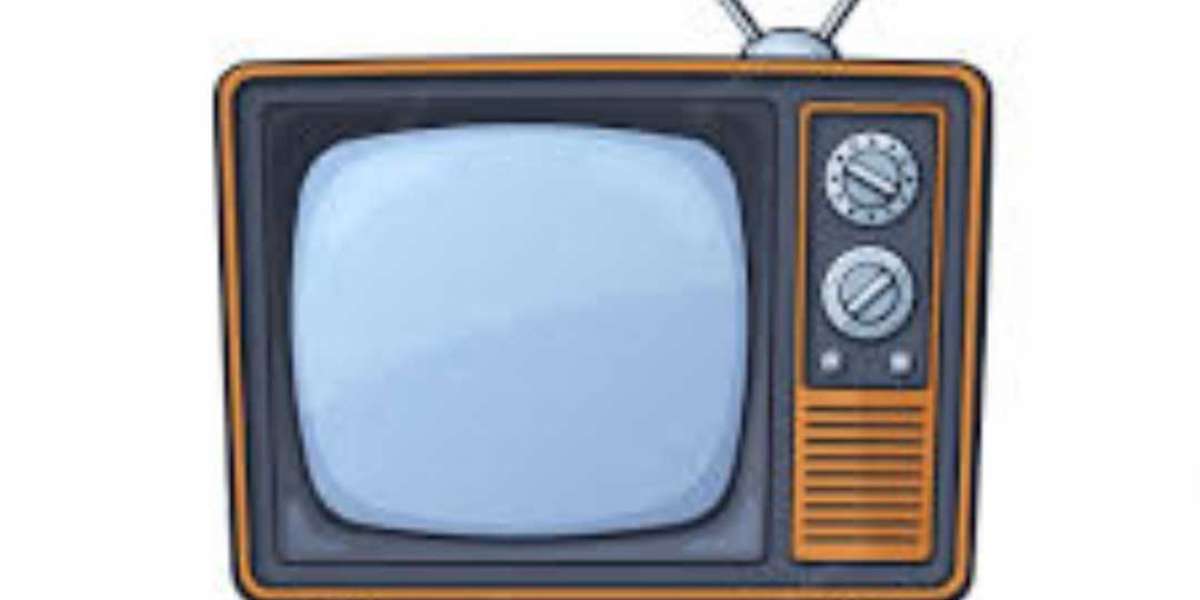Television, commonly referred to as TV, is a ubiquitous part of modern-day life. It has become an integral part of our homes, providing us with endless hours of entertainment, information, and news. In this article, we will take a closer look at the history, technology, impact, and future of television.
History of Television:
Television as a medium of communication and entertainment has come a long way since its inception. The early experiments of transmitting images over long distances were first conducted in the late 19th century, and by the early 1920s, several inventors had patented the concept of television. However, it was not until the late 1940s that television became a mainstream household item.
The first commercially successful television sets were launched in the United States in the late 1940s, and by the 1950s, it had become a staple of American homes. Since then, television has undergone several significant technological advancements, including color television, cable television, satellite television, and the internet.
Technology of Television:
The technology used in televisions has evolved over the years. The earliest televisions used a cathode ray tube (CRT) to display images, which was bulky and consumed a lot of power. In the late 1990s, LCD (Liquid Crystal Display) televisions were introduced, which were much thinner and lighter than CRT televisions. By the mid-2000s, LED (Light Emitting Diode) televisions had replaced LCDs, offering better picture quality and energy efficiency.
Another significant advancement in television technology is the introduction of smart TVs. Smart TVs are equipped with internet connectivity and come with pre-installed apps that allow users to stream content from popular services like Netflix, Amazon Prime, and Hulu. The latest advancement in television technology is 8K resolution, which offers four times the number of pixels as 4K resolution, providing a more immersive viewing experience.
Impact of Television:
Television has had a profound impact on society. It has changed the way we consume information, entertainment, and news. It has also influenced popular culture, politics, and social behavior. The ability of television to transmit images and sound over long distances has brought the world closer, allowing us to witness events from different parts of the globe in real-time.
Television has also been criticized for its impact on children. Studies have shown that excessive television watching can lead to obesity, poor academic performance, and aggressive behavior. However, television has also been used to educate children on a wide range of topics, from science to history, and has been credited with promoting social awareness and empathy.
Future of Television:
The future of television is exciting and full of possibilities. As technology continues to evolve, so does the television industry. One of the most significant advancements on the horizon is the use of virtual reality (VR) and augmented reality (AR) in television. With the introduction of VR headsets, viewers will be able to immerse themselves in their favorite shows and movies, providing a more immersive viewing experience.
Another trend that is gaining popularity is the use of artificial intelligence (AI) in television. AI algorithms are being used to personalize the viewing experience, recommending content based on the viewer's viewing habits and preferences.
Conclusion:
Television has come a long way since its inception, and its impact on society has been significant. The technology used in televisions has evolved over the years, from CRT to LED, and the future of television looks even more promising, with advancements in VR, AR, and AI. As we move forward, it is essential to use television responsibly and ensure that it continues to play a positive role in our lives.







